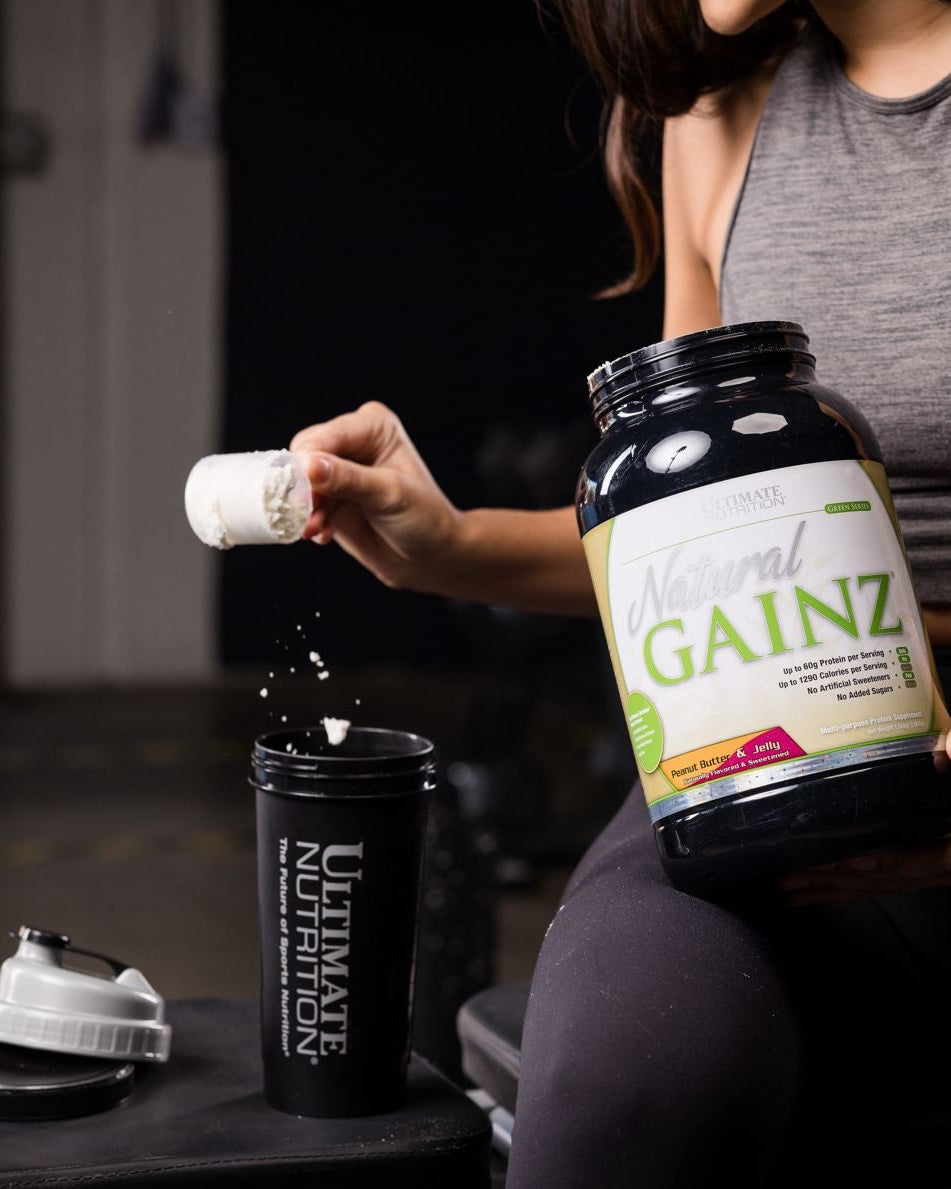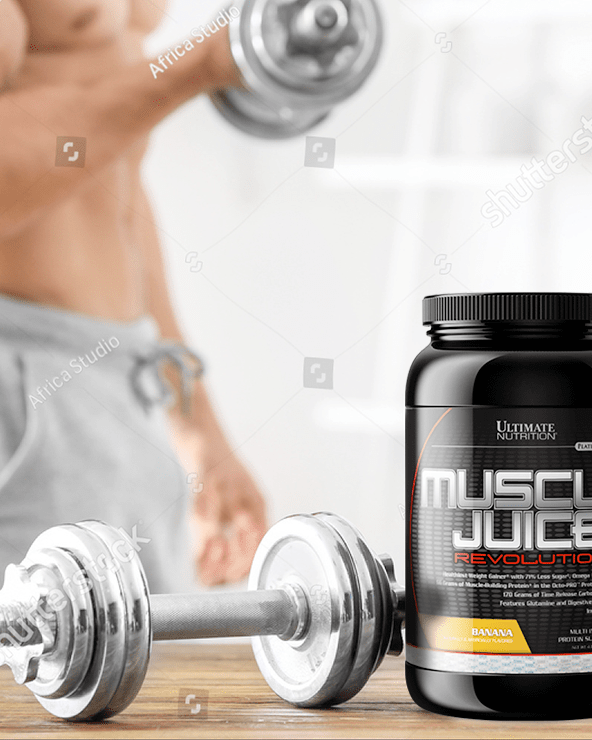If you’re into fitness, you should know about functional strength training. This type of training focuses on building the body through resistance-based exercises. Regular incorporation can enhance your athletic performance, strengthen your muscles, and reduce your risk of long-term injury.
There are two types of resistance training: isotonic (contraction-based) and isometric (static-based).
Keep reading to explore all the principles and benefits of functional training. We’ll break down the different types, show you the most common exercises, and tell you how nutritional supplements can help level up your game day.
Popular Resistance-Based Exercises
Resistance-based exercises involve working against an external force, like weight, gravity, or resistance bands, to challenge and strengthen the muscles. These workouts serve us for a primary reason: muscles work to overcome resistance when they have to. The more you do these exercises, the stronger you’ll become.
There are two main types of resistance exercises: isotonic and isometric. Let’s break each down and see how they differ.
Isotonic Exercises
Isotonic exercises involve constant muscle contractions and changes in muscle length. These types of activities include:
- Weightlifting
- Bodyweight exercises
- Resistance band exercises
These workouts mimic real-life movements and engage multiple muscle groups. They are excellent for building muscle, endurance, and strength.
Isometric Exercises
On the other hand, isometric exercises involve static muscle contractions without changes in length. A few popular examples include:
- Planks
- Wall sits
- Palm presses
These workouts are successful because they improve muscle endurance, stability, and core strength. Incorporate them into your everyday life to improve your fitness.
Remember, you shouldn’t just stick to one type. A healthy workout regimen will include both isotonic and isometric exercises.

Benefits of Functional Strength Training
Functional exercises offer numerous benefits for individuals of all fitness levels and goals. Let’s look at some of the benefits of functional fitness.
Enhanced Athletic Performance
Functional training helps improve overall physical fitness through endurance, stability, and mobility boosts. It can also enhance your ability to perform activities such as lifting and pulling, which are essential for various sports and physical activities.
Reduced Risk of Injury
This training emphasizes proper body mechanics and movement patterns, which can help reduce the risk of injuries caused by muscle imbalances or weaknesses. By strengthening these muscles that support the joints and improving overall stability, functional training helps protect the body.
Everyday Function
Do you ever get winded when you climb up the stairs? Forget long-term benefits: day-to-day boosts will help transform your daily life.
If you practice regularly, you’ll be more equipped for everyday activities like carrying groceries and lifting objects around the house.
Versatility and Customization
Between isometric and isotonic exercises, functional training offers a high degree of versatility. You can customize these exercises to suit individual fitness levels and preferences.
Time Efficiency
Functional strength training is time efficient, making it perfect for a busy schedule. Most of these workouts involve compound movements that affect multiple muscle groups at the same time. For example, squats and deadlifts engage the legs, core, and upper body, in a single movement.
How Often Should I Use Functional Strength Training
Everyone has their own exercise needs. The frequency of functional training depends on various factors such as fitness level, goals, and schedule.
Generally, it’s recommended to incorporate these workouts into your fitness routine at least 2-3 times per week. This allows good time to recover and adapt to the exercises while also giving enough stimulus to make progress.
Luckily, You can easily incorporate functional strength training into other activities. For instance, consider adding resistance bands to your Pilates routine. For cardio, add push-ups and lunges to your everyday workout.
Follow Your Body
It’s essential to listen to your body. If you’re new to these workouts, consider dialing to 1-2 sessions per week. With time, you’ll become more comfortable and proficient.
As with all workouts, rest days in your schedule allow for proper recovery.

Workout Supplements and Functional Training
Nutrition plays a crucial role in supporting your performance and recovery. Workout supplements can be a valuable addition to optimize your results.
Popular supplements that can complement your workout include protein powders, creatine, and branched-chain amino acids (BCAA’s). Protein powder can help replenish protein stores and support muscle growth, while creatine can improve muscle strength and power. BCAA’s will aid in reducing muscle soreness and enhancing recovery. No matter what supplement you find, you’ll likely see some benefits for your body.
We recommend reaching out to your doctor before starting any supplement. It’s important to note that supplements are not a substitute for a well-balanced diet and should be used with a healthy diet.
Level Up with Ultimate Nutrition
We hope you take this information and launch into functional strength training. Remember, even incorporating 2-3 workouts a week can significantly improve your strength, fitness, and mobility. With time, you’ll become more robust in the gym and the house.
If you’re looking for supplements to complement your workout, explore Ultimate Nutrition. Our supplemental catalog will give you the boost you need to maintain your activities. For added information, peruse our blog. We’ll help break down the three major categories: lifestyle, training, and nutrition. If you’re ready to get deeper, we’ll teach you about high-intensity interval training and other strength exercises.
Good luck with your journey! We hope your functional strength training will take you far!





















